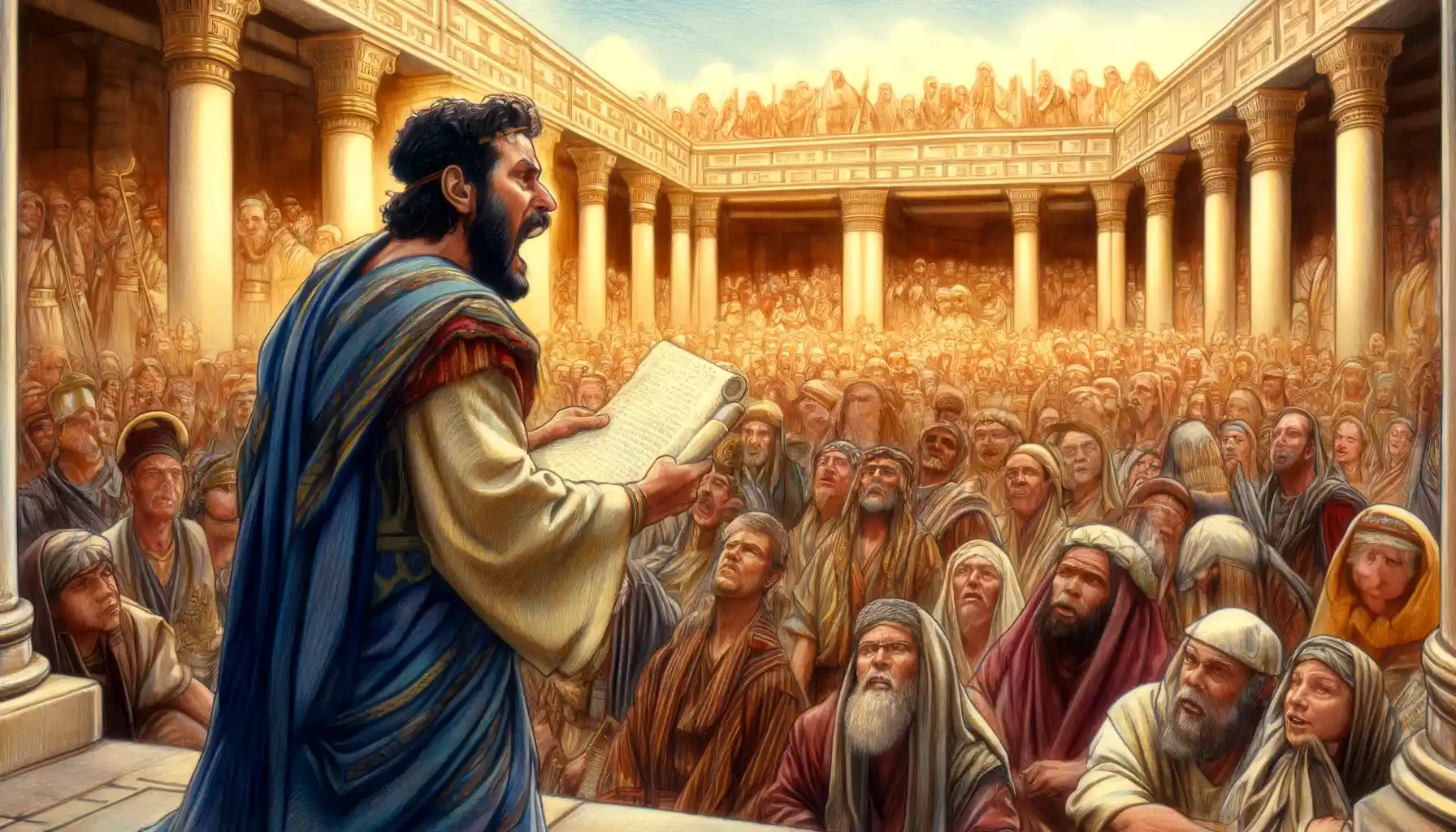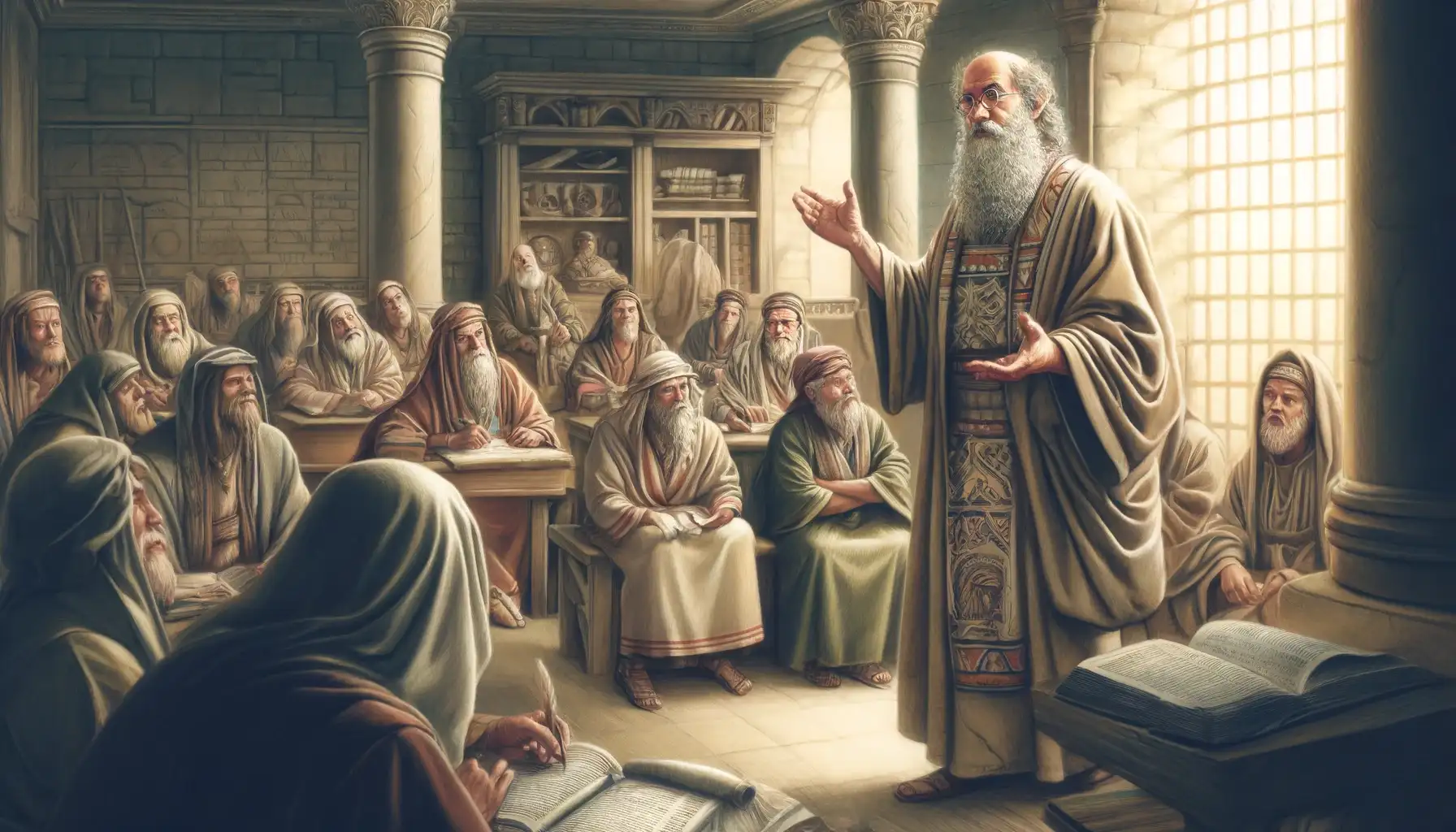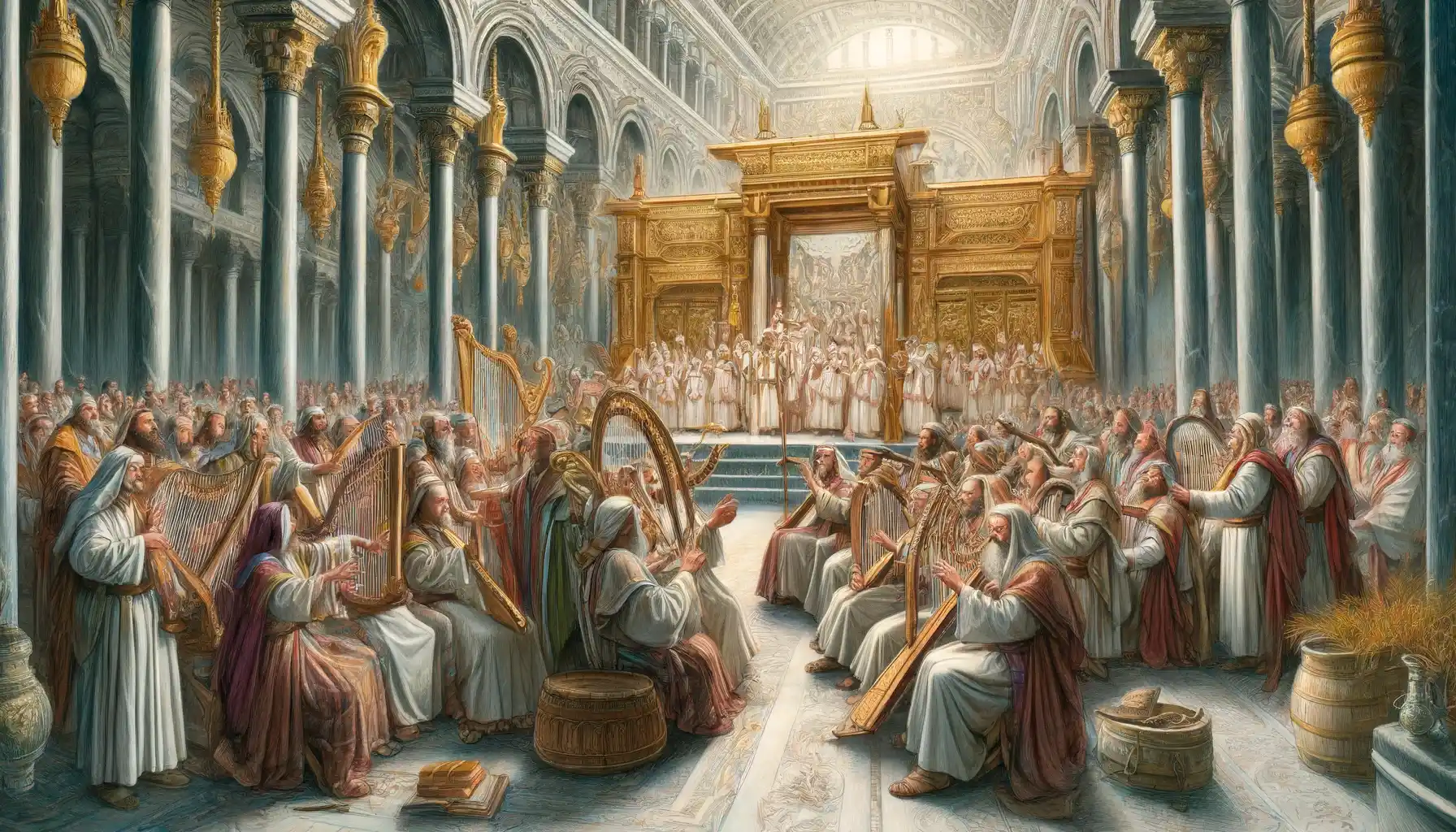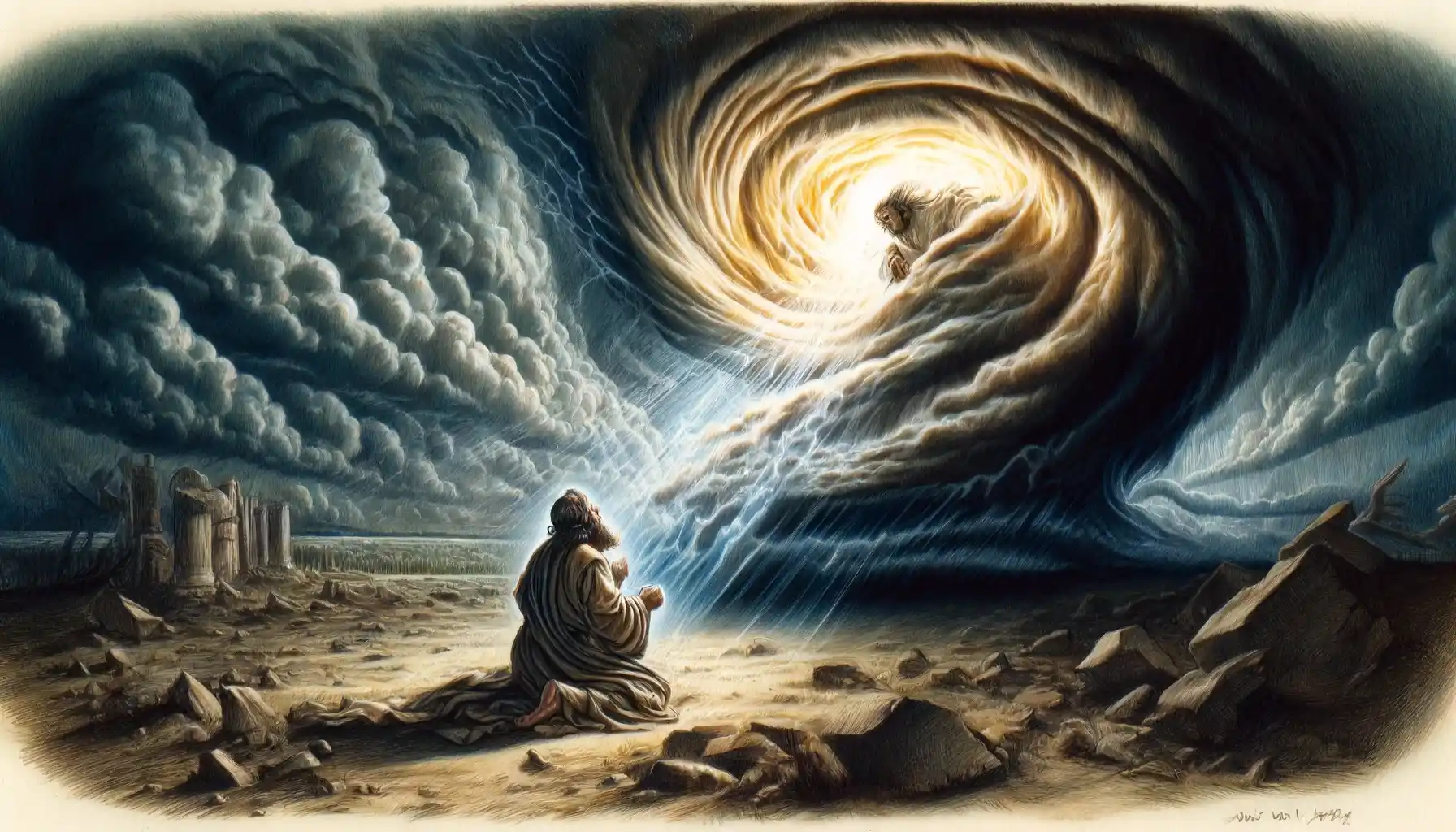Ezekiel’s messages of doom are balanced with his visions of future hope, making it a deeply complex and influential prophetic book within the biblical canon.
The Book of Lamentations is a profound biblical collection of poetic laments, expressing deep sorrow and seeking divine mercy for the destruction of Jerusalem and the suffering of its people due to their sins and subsequent divine judgment.
Jeremiah’s messages, marked by their intensity and range from despair to hope, offer a deep exploration of the challenges and responsibilities of being in a covenant relationship with God.
Isaiah’s writings are celebrated for their literary beauty, depth of theological insight, and their prophetic vision into the future of God’s world.
The Song of Solomon stands out in the biblical canon for its unabashed celebration of love, offering a poetic testament to the strength and beauty of this universal human experience.
Ecclesiastes provides a philosophical exploration that complements the more straightforward moral teachings found elsewhere in biblical texts, offering a meditative approach to understanding life’s deeper meanings.
The Book of Proverbs provides practical instructions for living a life characterized by wisdom, integrity, and righteousness, making it a valuable resource for spiritual and ethical development.
The Book of Psalms remains one of the most cherished and widely read books in the Bible, rich in poetry and emotion, reflecting the depth and complexity of the human experience with the divine.
The Book of Job is a rich literary and theological work that invites reflection on some of life’s most profound questions, making it a timeless and universally relevant text.
Esther’s story resonates with its dramatic narrative and profound lessons about courage, identity, and providence, making it a cherished text in religious and cultural traditions.










